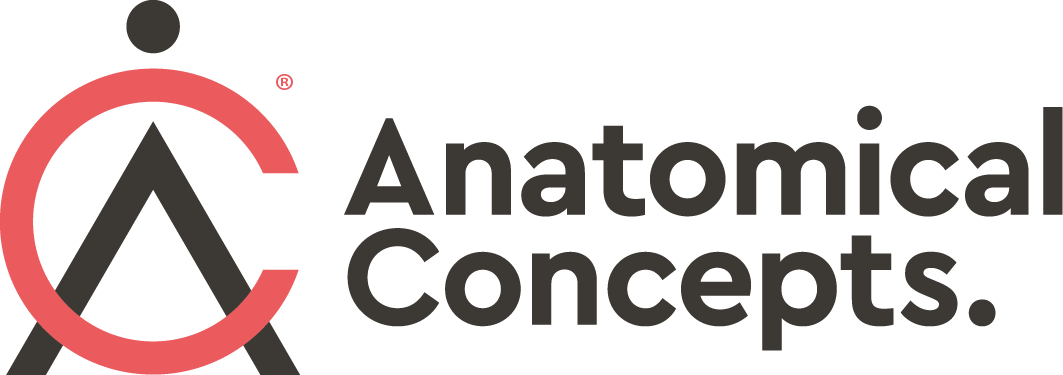Articles
Filter by Topic
- Adaptive Sport 1
- Artificial Intelligence 1
- Bike Labyrinth 3
- Bone density 1
- Brachial Plexus 1
- Bridging the Gap 1
- Bridging the Gap 1
- Carbonhand 4
- Cardiovascular 1
- Client Stories 4
- Cognition 1
- Company Updates 3
- Decision Making 1
- Dementia 1
- Denervation 22
- Diabetic Foot 12
- Efficiency 1
- Electrotherapy 30
- Exercise Benefits 31
- FES Cycling 17
- Fatigue 1
- Functional Electrical Stimulation (FES) 60
- Gait 2
- Goal Setting 5
- Grip 3
- Guidelines 1
- Healthspan 2
- Indego 13
- Lifestyle 9
- Lower Motor Neuron 1
- Mobility 17
- Motivation 2
- NMES 2
- Nerve injury 1
- NexStride 1
- Occupational Therapy 1
- Orthotic 15
- PRAFO 23
- Pain 6
- Parkinsons 2
- Pressure Ulcers 11
- Product Updates 7
- RISE Stimulator 10
- Safety 2
- Sponsor 1
- Standing 5
- Stim2Go 5
- Stimulette den2x 5
- Support 1
- TENS 1
Article Length
- 1 minute read 3
- 10 minute read 17
- 11 minute read 7
- 12 minute read 7
- 15 minute read 8
- 18 minute read 1
- 19 minute read 1
- 2 minute read 4
- 26 minute read 1
- 28 minute read 1
- 3 minutes read 9
- 4 minute read 34
- 5 Minute read 15
- 6 minute read 6
- 7 minute read 15
- 8 minute read 6
- 9 minute read 3
- FES 2
- FoG 1
- PRAFO 1
- Seven Minute Read 1
- awareness 1
- carbonhand 2
- cognitive 1
- cues 1
- freezing gait 1
- freezing of gait 1
- gait 1
- neurological 1
- neuroplasticity 1
- nexstride 2
- occupational therapy 1
- occupational therapy day 1
- orthopaedics 1
- orthotic 1
- parkinson's 1
- pressure 1
- pressure relief 1
- prevention 1
- rehabilitation 2
- stroke 1
- ulcers 1
- world stroke day 1
A Comprehensive Guide to Lower Motor Neuron Lesions: Causes, Symptoms, Diagnosis, and Treatment Options
Lower motor neuron lesions can have a profound effect on the nerves responsible for controlling movement in the body, leading to a range of symptoms, including muscle weakness and atrophy (loss of muscle bulk). These conditions can be caused by various factors, such as injury, disease, and even genetic disorders.
In our work we mostly meet individuals who have experienced a spinal cord injury that has resulted in damage to the Lower Motor Neurons resulting in denervation of muscle. We also see nerve injuries such as a Brachial Plexus injury to the shoulder.
In this guide, we will explore some of the causes, the symptoms, diagnosis, and treatment options for lower motor neuron lesions, highlighting the importance of early intervention and appropriate care.
Evaluating denervated muscle with the RISE stimulator
How to we test for denervated muscle? As we will see in this article, a number of conditions can lead to denervation. Sometimes the extent of this denervation is hard to establish with equipment commonly available to the therapist. Perhaps the therapist tried “conventional” neuromuscular electrical stimulation (NMES) and could not produce a muscle contraction even with quite high intensity settings. Hence denervation was suspected, but without really being able to determine it’s extent.
The RISE stimulator provides a handy protocol that allows the presence and extent of denervation to be established and monitored over time. This article describes the process. First lets review some information on what exactly causes denervation, it’s consequences and the benefits of electrotherapy. We can then describe how the RISE unit can give is a denervation “benchmark”.
What can I do to help denervated muscles?
Skeletal muscle denervation is caused by damage or injury to the nerves that supply a muscle. This can occur as a result of a number of different conditions, including trauma to the spine or a peripheral nerve. Denervation can also result from infection, inflammation, and certain medical procedures. In some cases, denervated skeletal muscle may be caused by diseases that affect the nerves, such as amyotrophic lateral sclerosis (ALS) or Guillain-Barré syndrome. Denervation can also occur as a complication of surgery, such as when a nerve is accidentally damaged during an operation.
Muscles can recover from denervation, despite the loss of nerve supply to a muscle. Sometimes this recovery happens with little intervention necessary. At Anatomical Concepts we are typically working with individuals where some intervention is indicated.
Can you stimulate a denervated muscle?
Denervated muscle can be rescued with electrotherapy resulting in improved health and appearance. We cover the basics in this article.
Electrical stimulation of denervated muscle
Electrical stimulation can be used to stimulate so-called denervated muscle as well as innervated. This necessitates quite different stimulation approaches. In this article we discuss how denervation can result from damage to peripheral nerves and how and why electrical stimulation is used to reverse muscle atrophy and improve tissue quality
Can the Stimulette Edition 5 work with denervated muscle?
For several years we have worked successfully with the Stimulette Den2x (replaced by RISE Stimulator) with many home based clients in the UK. The product was designed for simple use in a home environment and has proved itself to be very effective in restoring muscle tissue bulk and quality with clients who have an injury to the spine or peripheral nerves resulting in muscle denervation.





